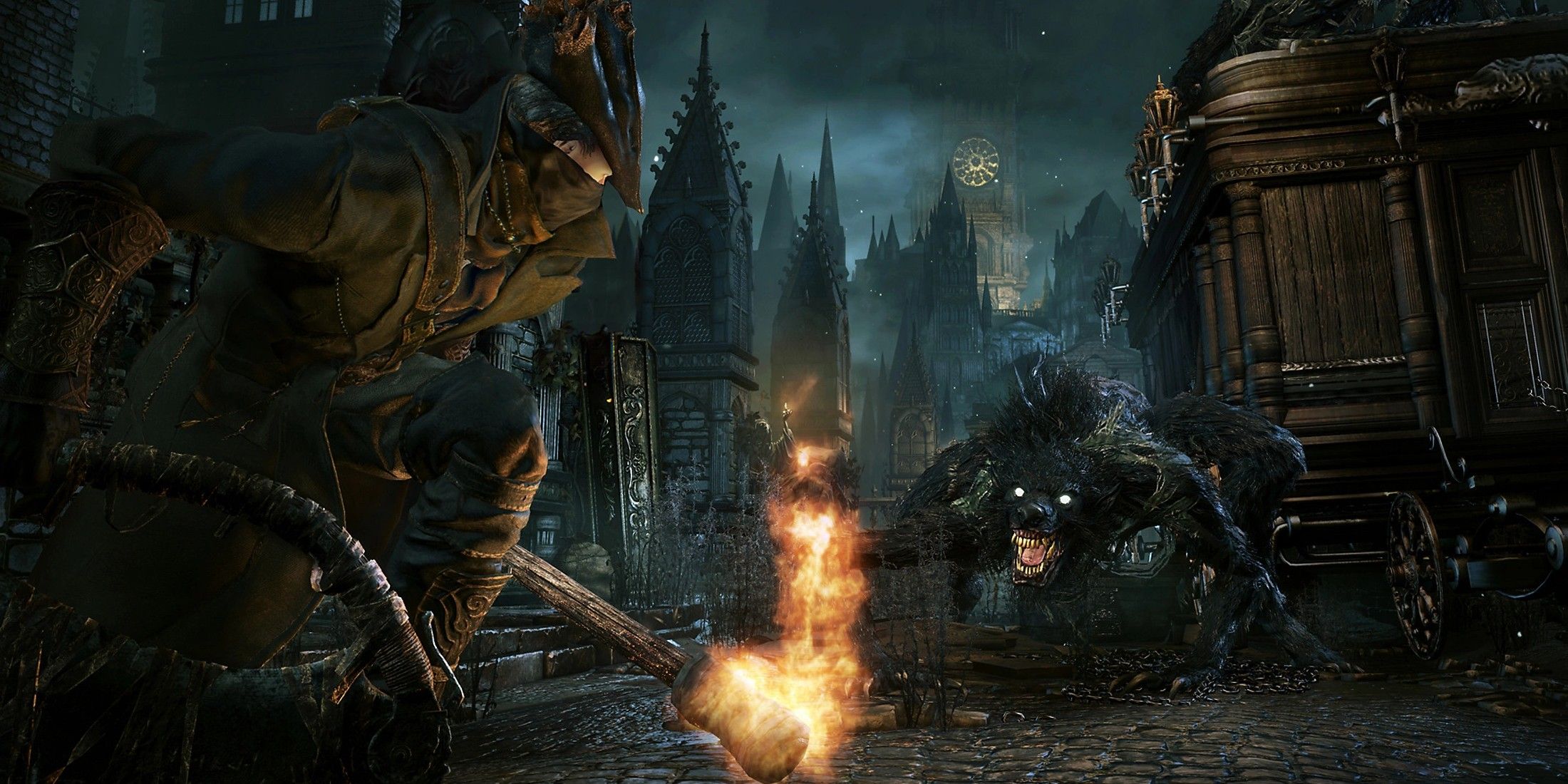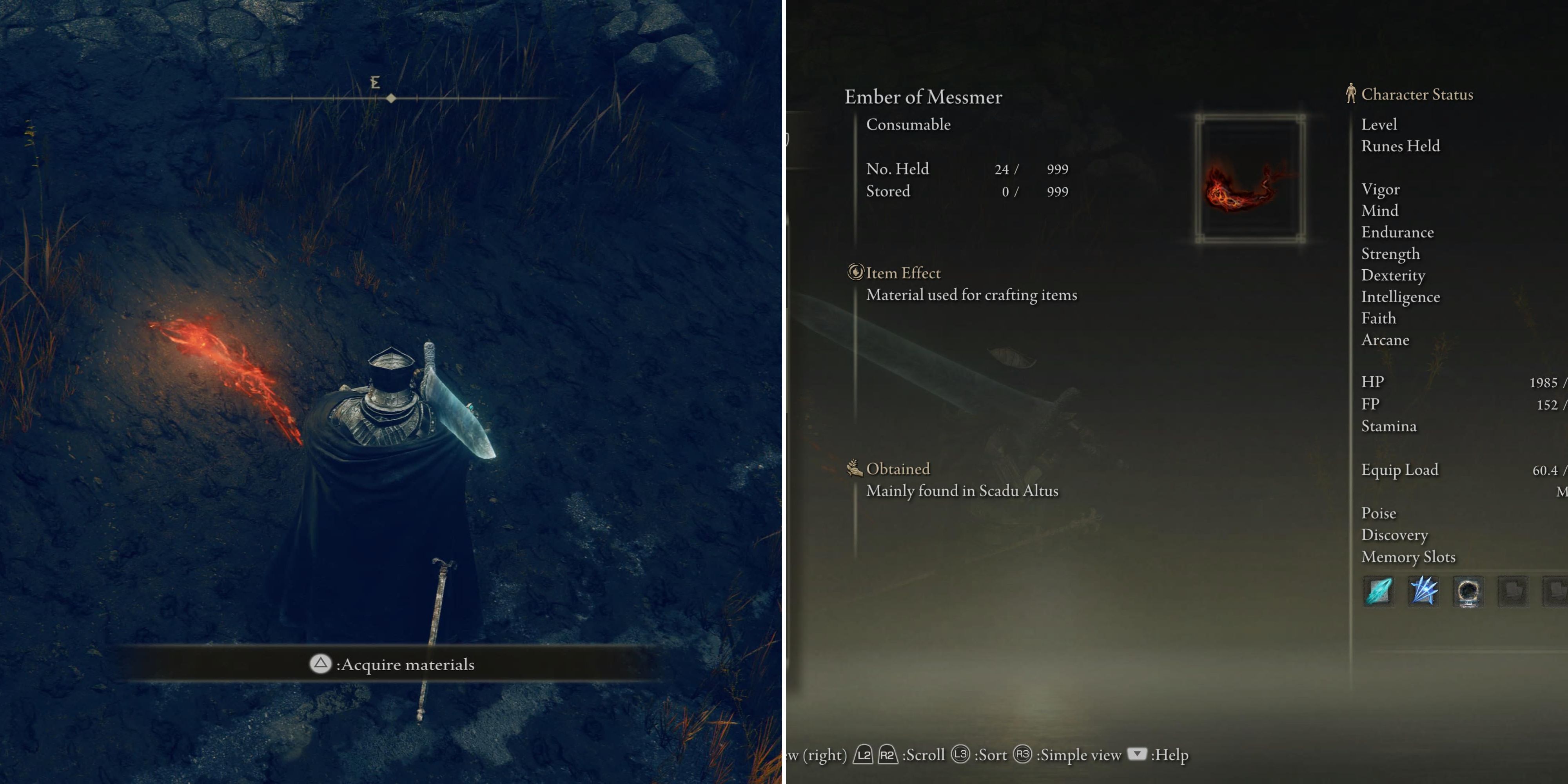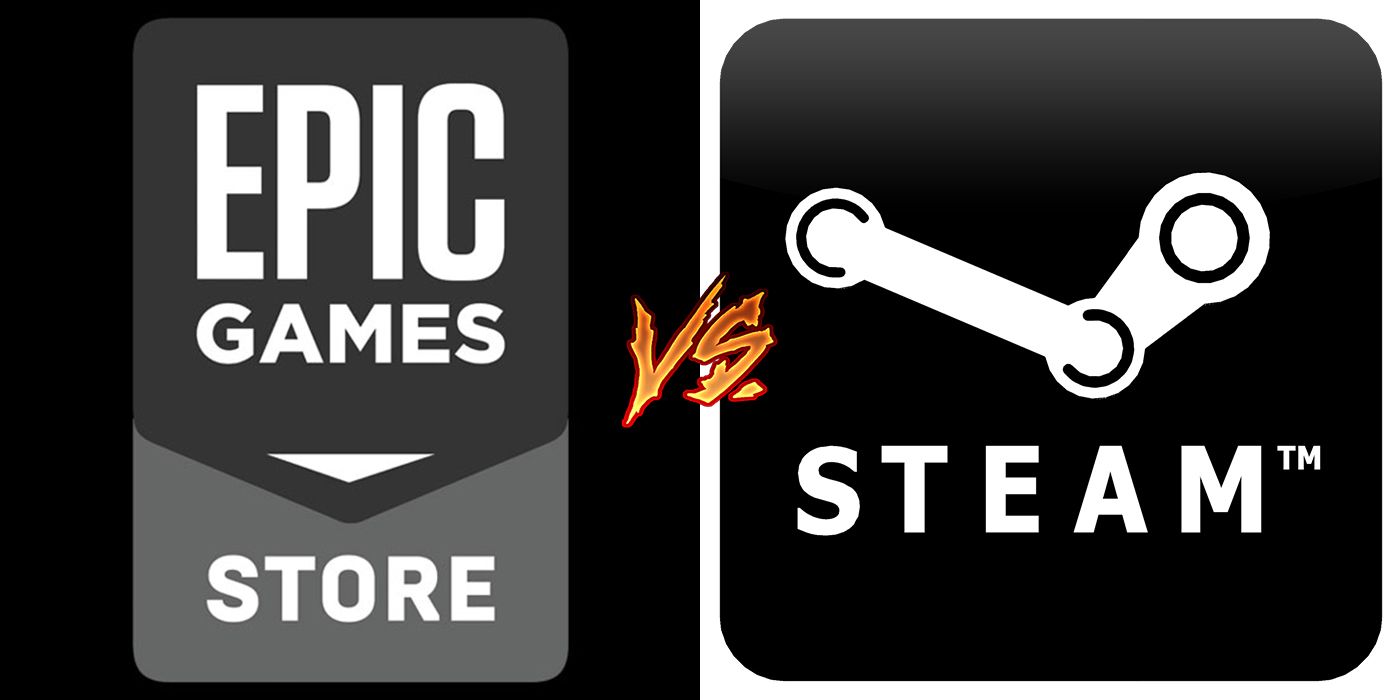The NPD Group is an American market research company that currently operates in 20 countries. Mat Piscatella, as the executive director of the company’s games division, focuses on video game market analytics and he recently had something surprising to say about PC digital game sales in 2019.
According to Piscatella, the PC digital distribution war set off by the Epic Games Store in 2019 resulted in lower overall consumer spending on digital PC games. Although game revenue overall increased by 2% in 2019, spending on PC digital content actually decreased. The reason for this unexpected decline in sales, said Piscatella, was that enhancing the consumer experience and reducing market confusion stopped being a priority for the two major PC game distribution platforms, Steam and the Epic Games Store.
When the Epic Games Store was announced at the end of 2018, its declared goal was to increase competition and therefore innovation in the PC digital distribution space. Epic’s CEO Tim Sweeney stated that the new platform’s strategy was to shake things up and effectively force Steam to change its stagnant practices and start giving developers a larger cut of profits.
To enforce this strategy, the Epic Games Store began to sign exclusivity deals with a number of game developers. Sweeney maintained that the only way to break the stranglehold that Steam had on the market was to build a large library of exclusive titles, thereby forcing players to purchase games from Epic’s store instead.
Despite protests by angry gamers and even boycotts of the new storefront, this tactic seemed to be generally successful. Sweeney announced that the Epic Games Store had made $680 million in revenue by the end of 2019, only one year after its launch, and that 108 million unique accounts had either purchased games or downloaded one of the free games offered by Epic.
In spite of the apparent success of the Epic Games Store, however, it seems that the shakeup ultimately hurt the PC digital game market. And it’s surely not all due entirely to Epic’s move onto the scene. Steam has for years been the dominant marketplace, and it was both convenient and reassuring for players to have the entirety of their gaming library in one place. But in recent years, many game publishers have released their own proprietary game launchers, such as Ubisoft’s Uplay, EA’s Origin, and Rockstar’s Launcher that went live in September 2019. Add to that other storefronts like GreenManGaming and GOG, and keeping track of owned games and how to play them can become overwhelming.
Epic’s plan to break Steam’s semi-monopoly on PC gaming and create healthy competition may have backfired. It seems that gamers have instead chosen to play their games on consoles or simply buy fewer games. Another explanation could be that an increasing number of games are persistently online, constantly updated, and never really end. Perhaps people aren’t spending as much money on games because they’re too busy playing Destiny 2, Fallout 76, Overwatch, and Fortnite.




